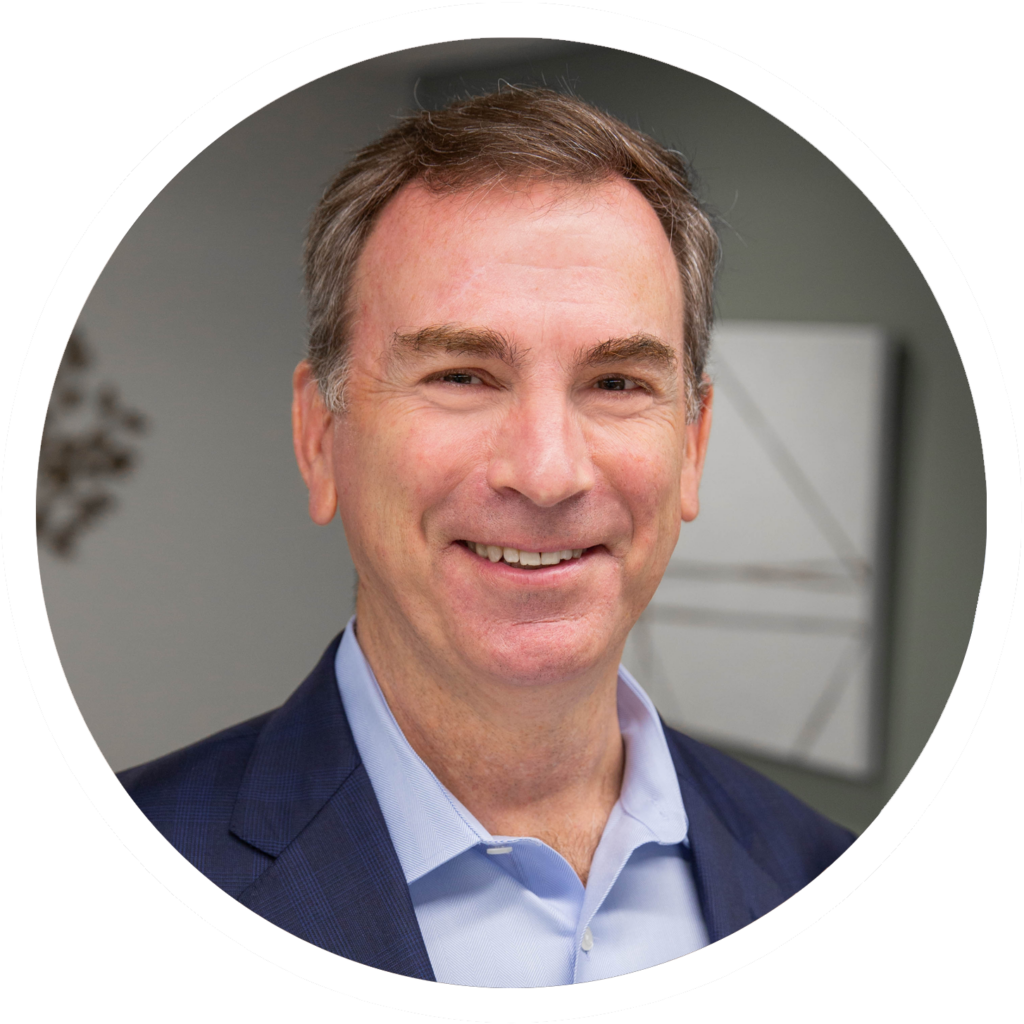Top 5 Things to Consider in Retirement

For many people, retirement feels like the finish line but in reality, it’s the start of a whole new chapter. Whether you’re just a few years away or already in your first years of retirement, the decisions you make now can shape your lifestyle for decades.
Here are five key areas to consider as you plan for a secure and fulfilling retirement:
1. Income Sources - Building Your Retirement Paycheck
The biggest shift in retirement is moving from earning a paycheck to creating one. Most people rely on a mix of income sources:
• Social Security provides a foundation, but the timing of when you claim can significantly impact your benefit. For example, claiming at 62 could reduce your monthly benefit by up to 30%, while waiting until age 70 increases it.
• Pensions (if you have one) often offer options like a lump sum or monthly payment — each with pros and cons depending on your needs and life expectancy.
• Personal savings and investments fill the gap, whether from a 401(k), IRA, or taxable accounts.
The key is coordinating these income streams so you know how much is coming in and when. Think of it as building your own retirement “paycheck.”
2. Spending Needs - Creating a Realistic Budget
Your expenses in retirement will likely look different than they did while working, but they won’t go away. Some retirees see costs drop, while others discover new expenses.
Common categories include:
• Healthcare – Medicare doesn’t cover everything, and premiums, prescriptions, or long-term care can add up.
• Travel and Leisure – Many people want to take that big trip or pursue hobbies they never had time for.
• Housing – Downsizing or relocating can lower costs, but property taxes and maintenance may still be significant.
• Everyday Living: Groceries, utilities, insurance, and transportation remain steady expenses.
A good rule of thumb is to plan for 70–80% of your pre-retirement income to maintain your lifestyle. Tracking your spending for a few months before retiring can help you set realistic expectations
3. Investment Strategy - Balancing Growth and Protection
Retirement doesn’t mean you stop investing. In fact, your money may need to last 25–30 years or more. The challenge is finding the right balance between growth and safety:
• Growth Investments – (like stocks) help protect against inflation so your money keeps its buying power.
• Stability Investments – (like bonds or CDs) provide predictable income and reduce volatility.
For example, a retiree with a $1 million portfolio who leaves everything in cash risks losing purchasing power over time. On the other hand, someone who invests too aggressively could face steep losses during a market downturn. The sweet spot is usually a diversified mix that matches your risk tolerance and spending needs.
Taxes - Making Your Money Last Longer
Taxes in retirement can be more complicated than many expect. Withdrawals from traditional IRAs or 401(k)s are taxed as ordinary income, while Roth accounts provide tax-free withdrawals. Social Security benefits may also be taxable depending on your income.
One strategy is to be intentional about which accounts you draw from first. For example:
• Using taxable accounts early may allow your retirement accounts to grow longer.
• Roth conversions before age 73 can reduce future required minimum distributions (RMDs).
Smart tax planning can stretch your retirement savings and help avoid unpleasant surprises come April 15th.
5. Legacy and Long-Term Care - Planning Beyond Yourself
Finally, think about what happens beyond your day-to-day needs. Two areas are especially important:
• Long Term Care: Nearly 70% of retirees will need some form of care at some point. Options include self-funding, long-term care insurance, or hybrid life insurance policies that include care benefits.
Estates and Legacy Planning: Do you want to leave assets to children, grandchildren, or a favorite charity? Having a will, powers of attorney, and beneficiary designations up to date ensures your wishes are carried out smoothly.
Even small steps, like organizing your accounts and documents, can make things much easier for loved ones later on.
Final Thoughts
Retirement isn’t just about reaching a financial number — it’s about having confidence in your plan and clarity in how you’ll spend your time and resources. By carefully considering your income, spending, investments, taxes, and legacy, you can set yourself up for a retirement that’s not only secure but deeply fulfilling.
Every situation is unique, and what works for one person may not fit another. Talking to a financial advisor can help you sort through your options and design a plan that works best for you.

Scott Higgins | AIF ®, CFP®, CPFA®, NSSA®
Financial Advisor
Securities and Investment Advisory Services Offered Through M Holdings Securities, Inc., a Registered Broker/Dealer and Investment Adviser, Member FINRA/SIPC. Rose Street Advisors is independently owned and operated. #4786058
